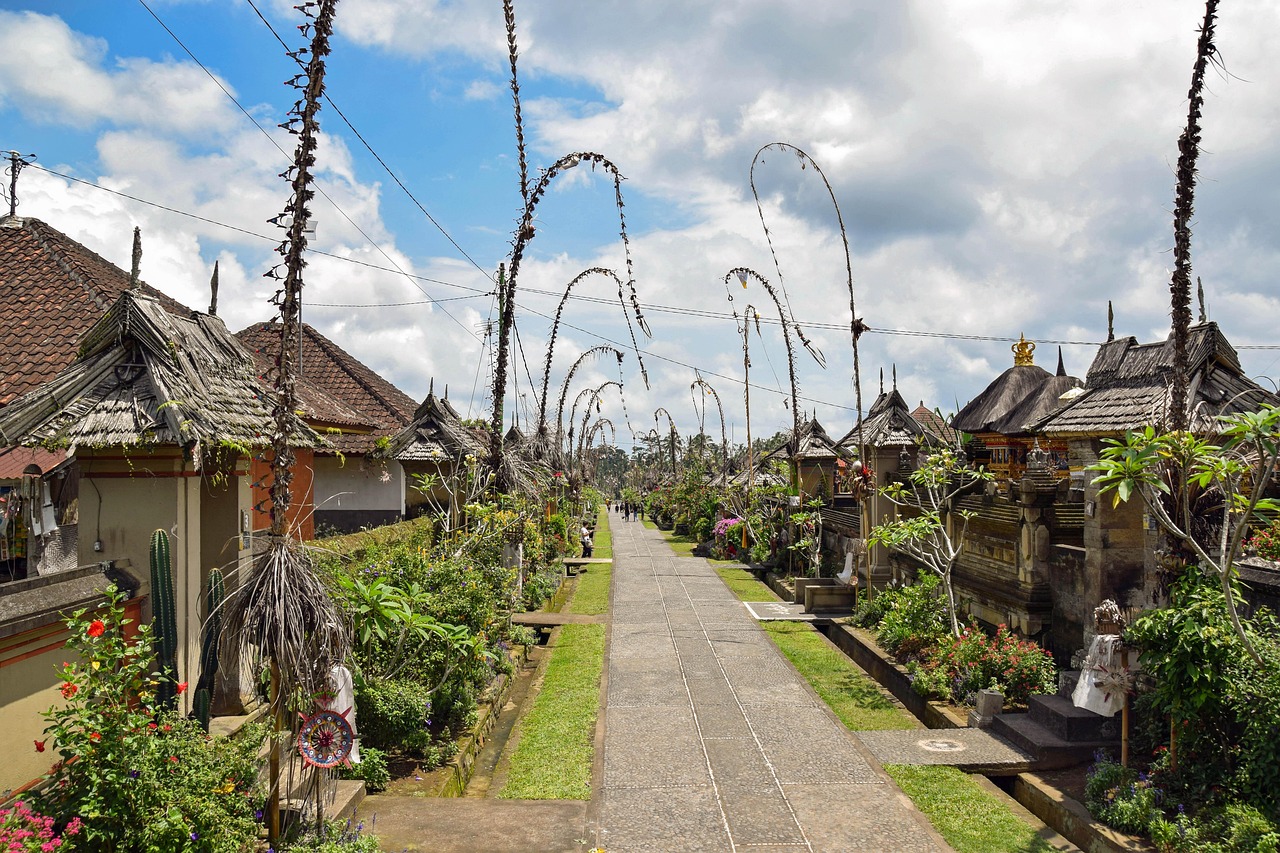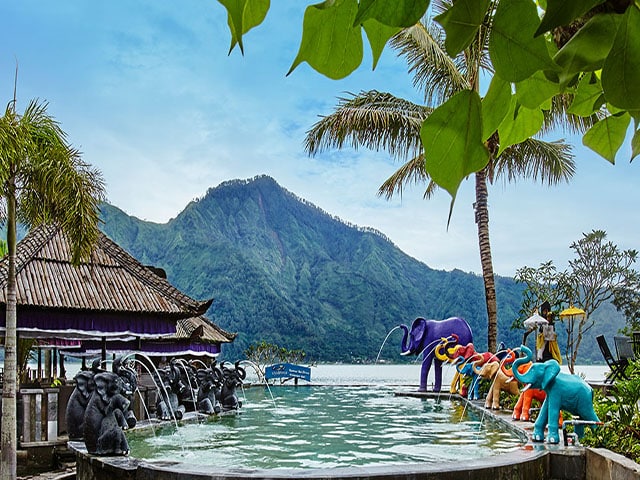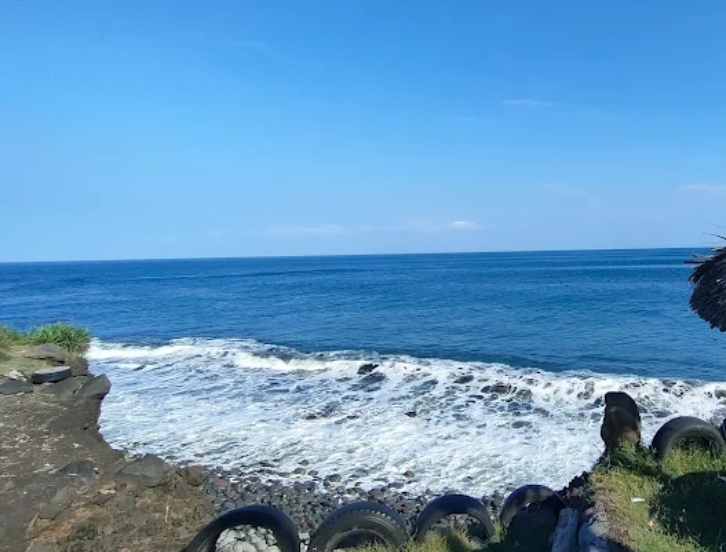Nestled in the heart of Bangli Regency, Bali, Penglipuran Village stands as a testament to traditional Balinese culture, environmental consciousness, and architectural harmony. Known as one of the cleanest villages in the world, this unique destination attracts visitors with its well-preserved customs, lush surroundings, and serene atmosphere.
Penglipuran Village is renowned for its uniform traditional houses, each featuring a signature Balinese gate known as angkul-angkul. The village layout follows the ancient Balinese philosophy of Tri Hita Karana, which emphasizes balance between humans, nature, and the divine. This structured yet harmonious design contributes to the village’s peaceful and picturesque ambiance.
Beyond its physical beauty, Penglipuran serves as a living museum of Balinese traditions. Visitors can witness various cultural practices, from religious ceremonies to traditional handicrafts and dance performances. The village maintains a strong commitment to preserving its heritage, making it an ideal destination for cultural exploration.
Historical records suggest that Penglipuran Village dates back approximately 700 years to the era of the Bangli Kingdom. The name “Penglipuran” is derived from pengeling (meaning “reminder”) and pura (meaning “temple” or “ancestral land”). This reflects the village’s deep spiritual and historical significance as a place of remembrance for ancestral traditions.
The village’s ancestors originally came from Bayung Gede, Kintamani, and frequently traveled long distances, often resting in an area called Kubu. Over time, more people from Bayung Gede settled in this location, eventually forming a new community. They established their own sacred temple, Pura Kahyangan Tiga, while still adhering to the spatial and cultural principles of their ancestral village.
Penglipuran has earned numerous accolades for its commitment to sustainability and environmental conservation. The village has received prestigious awards such as the Kalpataru environmental award, the Indonesia Sustainable Tourism Award (ISTA), and recognition in the Sustainable Destinations Top 100 by the Green Destinations Foundation.
One of the most anticipated cultural events in Penglipuran is the Ngusaba ritual, held in preparation for Nyepi (the Balinese Day of Silence). Additionally, the annual Penglipuran Village Festival, usually held at the end of the year, showcases Balinese art, traditional fashion parades, and performances such as Barong Ngelawang.
For a taste of local flavors, visitors can try Loloh Cemcem, a refreshing herbal drink made from cemcem leaves, and Tipat Cantok, a delicious dish consisting of rice cakes and vegetables served with savory peanut sauce.
Located in Kubu Village, Bangli Regency, Penglipuran is easily accessible from major tourist hubs in Bali. Whether you seek cultural enrichment, stunning architecture, or a tranquil retreat, this village offers an unforgettable experience that embodies the essence of Balinese heritage. (BT)





